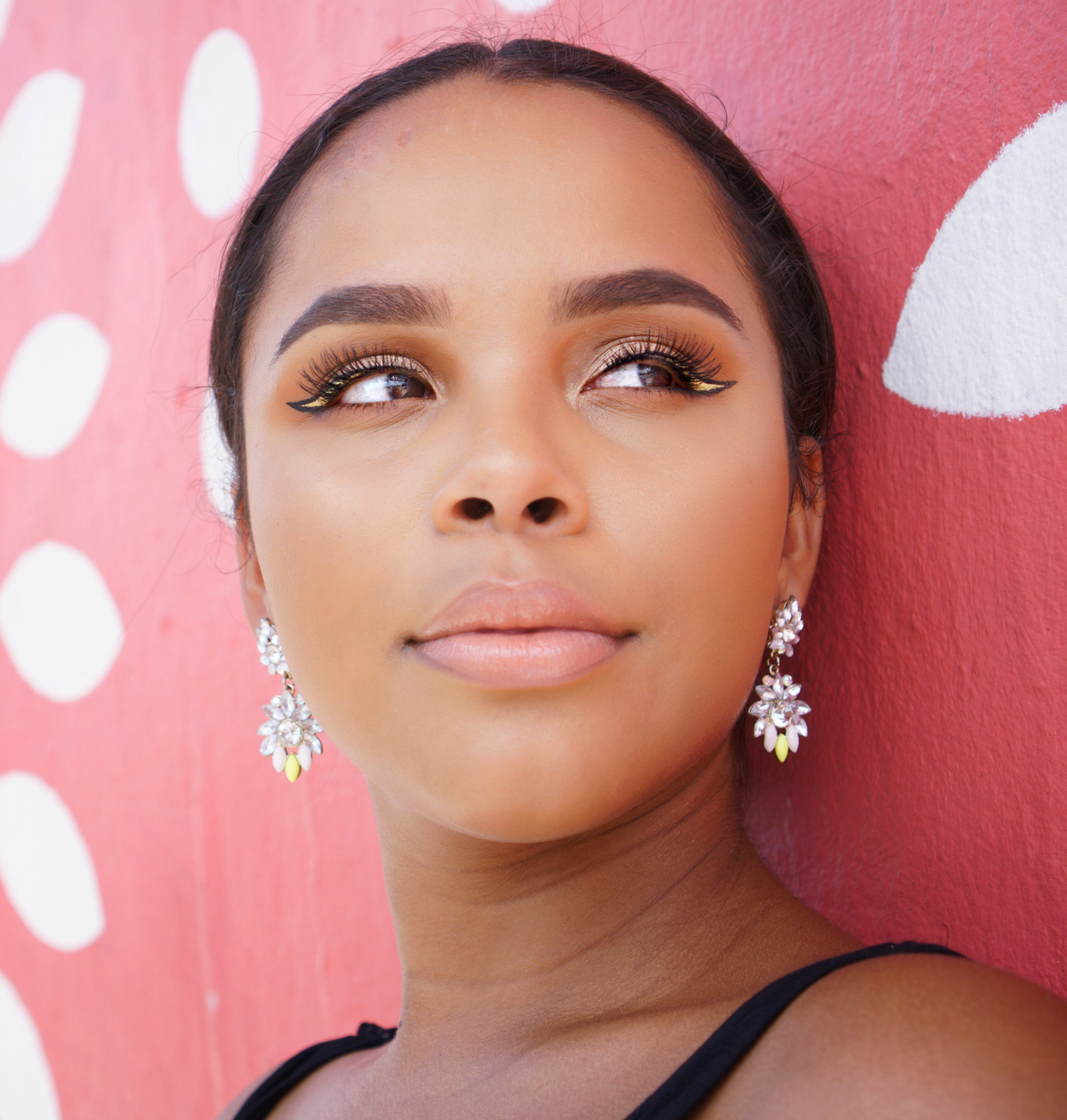
Sleep Is Healthy

There's a reason why waking up after a great night's sleep feels so good. It's because it IS good. Getting enough good sleep is key to a quality life. If you're an adult and you're not getting between seven and nine hours of sleep most nights, as recommended by the National Sleep Foundation, you might consider making some lifestyle changes so that you do.
For one thing, you'll be improving your overall health. The American Heart Association released a statement saying that sleep patterns that don't fall into the seven to nine hours per night range appear to be linked to cardiovascular risks, diabetes, obesity, high blood pressure and weakened arteries, especially in women.
Better Sex

In a National Sleep Foundation survey, one in four respondents living with their sexual partners said they were too tired to have sex. It's true, we Americans lead very busy lives but making time for sleep could be just what you need to make time in bed, so to speak.
Less Pain

If you're chronically sleep-deprived, you probably already know that you're more emotionally sensitive when you don't get enough zzz's. But studies have shown that you might also be more sensitive to pain. A recent study, published in Nature, found that in mice, loss of sleep made them more responsive to pain stimulus. Sleep debt over days exaggerated the pain responses.
Fewer Injuries

Being overly tired can also put you in danger. The Institute of Medicine estimates that 20 percent of auto accidents—about 1 million per year—are the result of sleepy drivers. For kids and teen athletes, sleep deprivation has been linked to some injuries in a recent study. In a consensus statement, sleep experts from around the world stated that sleep deprivation is the most common identifiable reason for injury in transportation and the workplace.
Better Mood

Sleep deprivation messes with our ability to be neutral, according to a recent study out of Israel. What this means is that things which may be a little off seem very off to someone who has built up a sleep deficit. The brain's ability to regulate emotions is compromised without enough sleep. That means getting enough sleep can boost your mood, just like that.
Losing Weight Is Easier

Ever notice when you're super tired, all you want to do is eat (and eat carbs?). That's by design. The same hormone that regulates hunger, leptin, is suppressed when you don't get enough sleep. So, that ravenous hunger, one that has you craving doughnuts and pizza? You can make it go away by taking a nap—and getting enough sleep in the future.
You'll Think Clearly

We tend to think of sleep as a way of recharging our brain, like a battery. In reality, sleep does a whole lot more, all of which helps us think more clearly the next day. The National Sleep Foundation says studies on humans have shown that sleep helps the brain synthesize new ideas, not just remember old ones:
"While you're sleeping, pieces of knowledge can be pulled together from different experiences and parts of the brain to create novel concepts or 'aha' moments."
Instead of staying up late to chase your next big idea, maybe go to sleep instead.
Improves Memory

Hours of solid shut-eye give the brain a chance to reorganize all of the day's input in a more efficient way, which makes future recall stronger and easier. In this way, sleep boosts your memory. As any sleep-deprived parent, student or employee of a fledging startup will tell you, lack of sleep is the best way to forget just about anything.
Helps Fight Disease

Good sleep can also boost your body's ability to fight sickness and disease. A paper published by the National Institutes of Health looked at 15 years' worth of studies about sleep and disease and concluded that there is strong evidence that sleep enhances immune defense. From colds to infections to soreness, a good night's rest will leave you feeling better.
You'll Look Better

It's called beauty sleep for a reason. Being well-rested shows up in your face and, objectively speaking, makes you look better. There are studies proving it! In a 2013 study out of Sweden, for example, participants were asked to judge whether the people in a stack of pictures were sleep-deprived. The researchers then compared the features of the sleepy images and concluded that sleep deprivation results in droopy eyes, and that mouths and skin also gave away the lack of shut-eye. Rashes or tense lips played no role, apparently. Skin also makes new collagen when you sleep, reduces puffiness around the eyes and promotes thicker, fuller hair. Skip the salon, and go to bed!
You're Nicer

A good night's rest is great for long-term relationships. One study found that if one partner got less than six hours of sleep, especially if that partner was male, the couple was at higher risk for fighting with each other the next day. Even more interesting is that if a couple didn't fight in the day, the woman reported better sleep at night. The takeaway? Men's quality of sleep is important for women.
You Might Live Longer

Getting fewer than six hours of sleep bumps up your risk for premature death by around 12 percent, according to an NHS (England's National Health Service) report that looked at one sleep study, which found that too little—or too much sleep, more than nine hours per night—wasn't healthy.
It Boosts Creativity

Solid, regular, quality sleep does more than make you beautiful and smart. It might even boost your creativity. Or, at least, counteract the fact that sleep deprivation impairs it, according to one study. Sleep gives the brain a chance to reorganize, take out the trash and make room for connections that aren't obvious to the overloaded and conscious brain.
Fertility Boost

Couples who are trying to conceive may want to head to the bedroom with other activities in mind—namely, getting some sleep. The National Sleep Foundation recommends couples get enough sleep to boost their chances of conceiving. For women undergoing fertility treatments, those who got seven to eight hours of sleep per night had a 15 percent greater chance of getting pregnant than those who logged fewer hours. Those who got more than nine hours of sleep actually lowered their chances.
Great Skin

One of the quickest returns on getting a good night's sleep is how great your skin looks on eight solid hours of rest. Conditions like acne, psoriasis and eczema have been shown to be reduced by good sleep, since levels of the stress hormone cortisol are allowed to abate. This reduces inflammation, lets cells regenerate and allows for collagen production, which gives skin its plumpness, and hyaluronic acid, which gives skin its glow.




